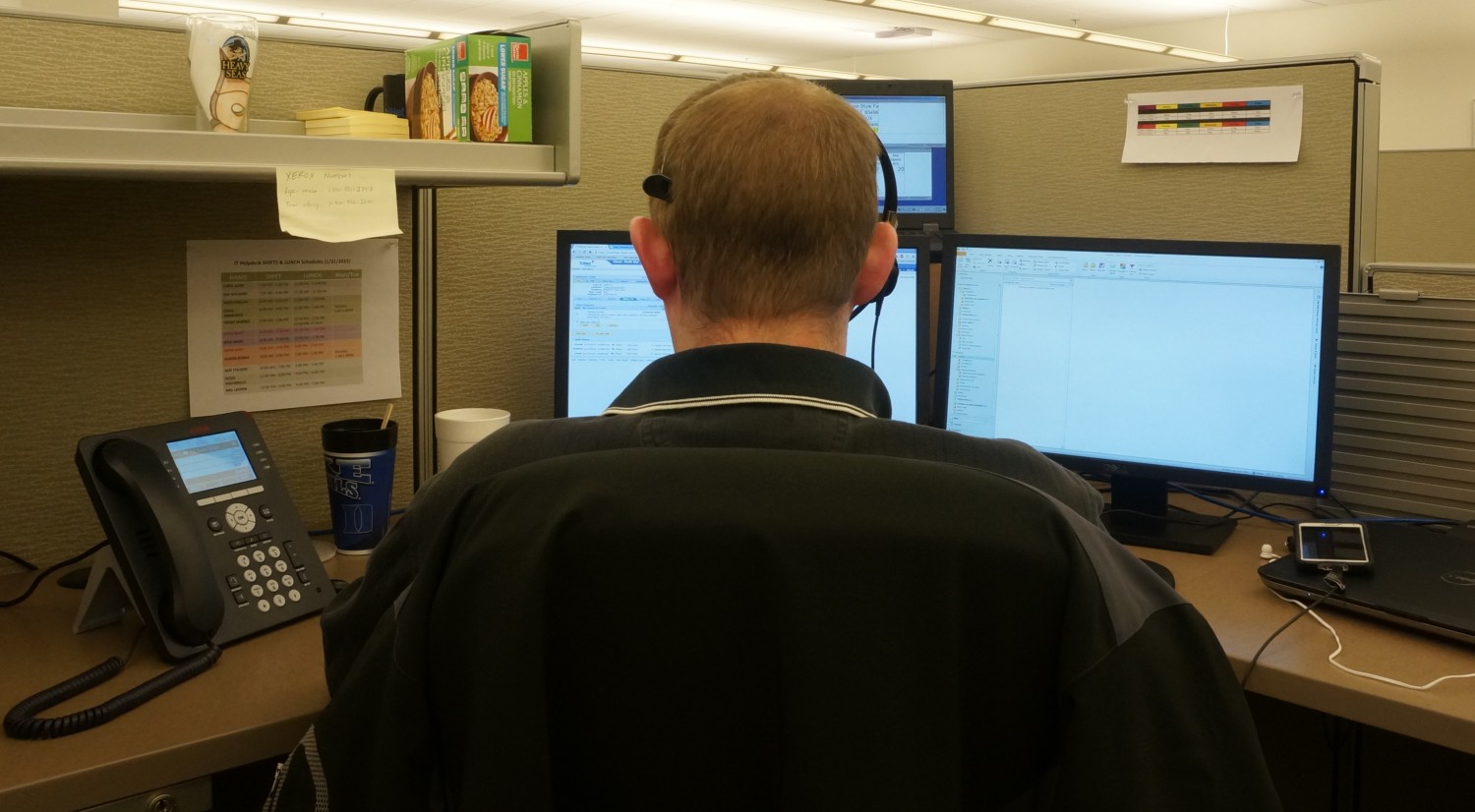Could vs. Should
This futuristic tech is full of drastic possibilities. Our bodies are essentially stuffed with electric signals, which, given the correct conductor and non-lethal wiring, would make various bodily functions controllable. This concept, for example, could take the shape of a 3D-printed heart that is monitored and controlled via Wi-Fi.
However, the question remains, is potential immortality the realization of a dream, or a nightmare that science has engineered? Jurassic Park‘s Dr. Ian Malcolm (Jeff Goldblum) may have said it best: “Your scientists were so preoccupied with whether or not they could, they didn’t stop to think if they should.”
The debate on that should has surely been argued, but as Synthetic Biology, or Synbio, becomes cheaper and easier to implement, what will stop us from the Silver Tsunami? The Silver Tsunami refers to the rise in the median age of the U.S. workforce. Laurie Garret of Foreign Affairs says, “All the key barriers to the artificial synthesis of viruses and bacteria have been overcome.” It’s just one example of the future we are headed towards. Read more about the Brave New World of Synbio here.
Quality of Life
Thanks to innumerable achievements of modern medicine we have almost doubled our life expectancy in the 20th century, but what is the quality of this new-found life? It is best not to confuse Life Span with Health Span. “Life span is how long we live. Health span is how long we live with the best possible health.” For more on this visit the Apsen Institute.
Alzheimer’s, for example, could be a warning sign that we have pushed the envelope too far. People may live longer, sure, but if they lose their minds in the process is it worth it? Is a society where the majority of the population is above 70 years old a realistic or sustainable structure? Which medicare systems can make such a “dream” a financial and viable reality?
Likewise, each fresh generation brings with it new energies that influence our social, artistic and innovative world. Would this energy still exist if we all lived twice as long as we currently do? What would young and fresh even mean then?
Meanwhile, individuals are already pushing the boundaries of age. Jane Gray, the oldest Australian alive, is strong now as ever. She hopes to become the oldest person on Earth. She celebrated her 112-year birthday on 12/4/2013.

Photo credit: Yahoo 7 Australia
Perhaps a society of 150 years old is not a dream, but rather the fulfillment of a deep wish to avoid the end. Kate Jeffery of Edge breaks taboo by saying:
Our lifespan is our lifespan for a reason. Lifespans vary enormously in the biological world, from barely a day in the mayfly to more than 100 years in the Galapagos tortoise and an estimated 1500 years in the Antarctic sponge. These spans have been imprinted by natural selection because they are those that serve the species best—that maximise the trade-off between caring for and competing with one’s offspring. Kate is a Professor of Behavioural Neuroscience, Head, Dept. of Cognitive, Perceptual and Brain Sciences, University College, London. She goes on “Most of us love our parents but imagine a world inhabited not only by your own parents but also everyone else’s, and also your and their grandparents, and your and their great-grandparents … a society run by people whose ideas and attitudes date back four centuries. Imagine a world in which your boss might be in the post you covet for the next 100 years. Truly, would the generations be competing with each other: for food, housing, jobs, space. As it is, the young complain about how their elders, with their already rapidly increasing lifespans, are driving up house prices by refusing to downsize in middle age, and driving up unemployment by refusing to retire. Imagine four centuries of people ahead of you in the housing and job queues.”
As medical nano-technology starts to proliferate in our world, it is still unclear whether or not we are ready for the Synbio reality. Scroll below for the infographic, which details our pursuit towards eternal life.
For aNewDomain.net, I’m David Michaelis.
Based in Australia, David Michaelis is a world-renowned international journalist and founder of Link Tv. At aNewDomain.net, he covers the global beat, focusing on politics and other international topics of note for our readers in a variety of forums. Email him atDavidMc@aNewDomain.net.












